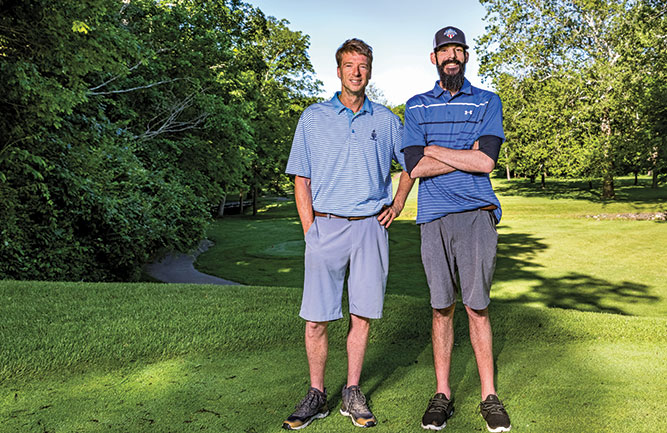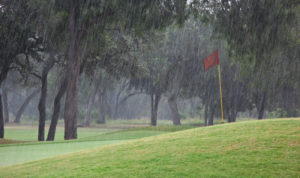It’s academic
I’ve often said that getting a turfgrass science degree is one of the best decisions I’ve ever made. The science is fascinating, the job is awesome (usually) and our “offices” are pretty hard to beat. I’m grateful for the solid academic foundation provided by the degree on which I’m building a career.
We’ve likely all read career-oriented articles about what the author “didn’t learn in college” and had to figure out once they got into the workforce. These articles don’t contain anything terribly profound, as I’m sure very few people are surprised to learn that their college courses didn’t cover every aspect of their future job.
So, instead of beating a dead horse and speaking in generalities most people are already aware of, I would like to offer several academic programming suggestions to the fine turfgrass science institutions in this country in order to provide an even stronger educational foundation for generations to come.
The following suggestions are in areas that have been overlooked by the turfgrass academic establishment. I think you’ll agree that to be successful in this business, exposure to these areas is crucial.
- The Law of Averages in Greenkeeping: Why bad things happen at even worse times. This class explores vexing questions of this industry, such as why major irrigation leaks always happen on Friday afternoons and why half the crew decides to be late on the weekend of the member/guest.
- Transportation Logistics for Course Management. This course analyzes the phenomenon of there being one more utility cart than there are people working on a project. Strategies for avoiding this situation will be developed as part of a group project.
- Theory and Practice of Clubhouse Christmas Lighting. No one has yet been able to fully explain the vagaries of exterior holiday illumination. Questions such as “How can dozens of light strands that were working perfectly when they were taken down not work, even though they’ve been sitting unused and safely stored since the previous year?” will be explored in depth, though only on a philosophical level because there is no real answer to this question.
- Psychopathology of the Chronic Call-Off Guy. This class takes a deep dive into what makes this guy tick and why he thinks anyone would believe that so many insane circumstances could befall one person within the short span of his employment.
- Animal Scatology: Who Did No. 2 on No. 2? As anyone who grew up watching “Schoolhouse Rock!” knows, knowledge is power. Being able to identify what animal made a mess of the No. 2 (or any other) green will make an unpleasant job more tolerable, and potentially even fascinating.
- Public Relations for the Turf Professional. The student will develop a thorough summary of the profession to share with those unfamiliar with the industry, and a 25-word boilerplate explanation of the job for use at parties and family get-togethers when people learn your occupation and respond with, “Oh, so you just mow all the grass?”
- Snow Removal Technology: The snow plow Jedi mind trick. This class discusses how the student can subliminally force drivers into parking their cars in the part of the lot that’s already cleared as opposed to right in the middle of the pass the student is currently making. It also explores what occurs in people’s minds that allows them to ignore a big truck with flashing lights and a large metal blade attached to the front.
In an occupation with a wide scope of responsibilities, exposure to the duties and expectations outside the turf realm will lead to more prepared and well-rounded students. If we’re lucky, it
may also lead to fewer “What I Didn’t Learn in College” articles.










